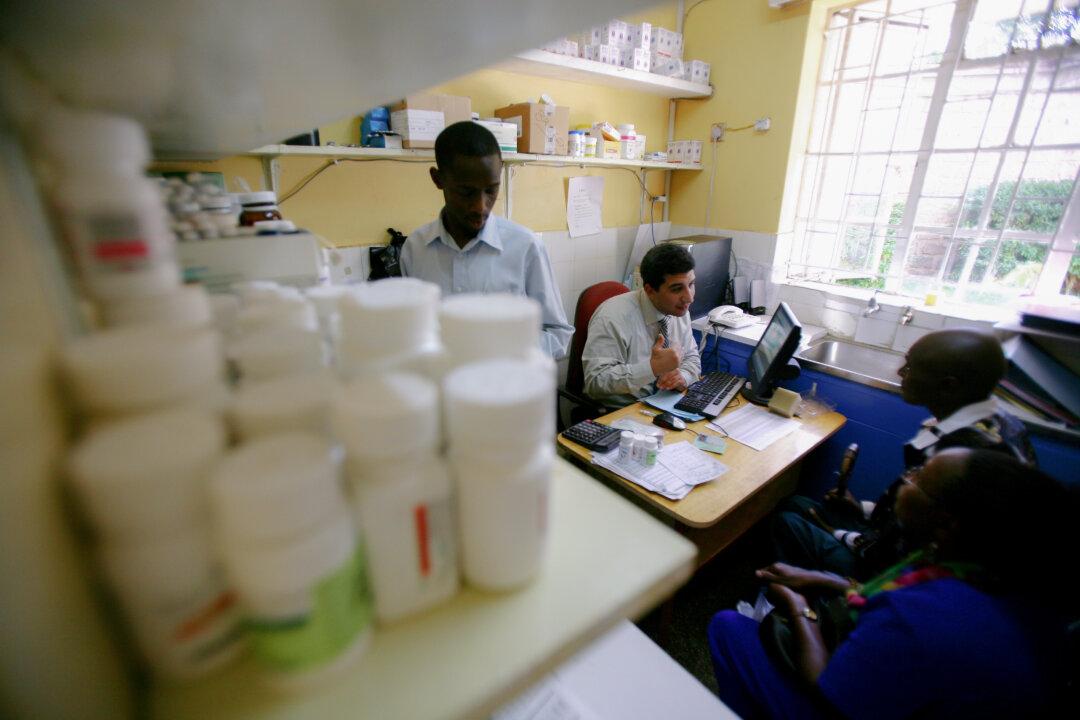JOHANNESBURG—African health experts say the continent should prepare for an environment in which it can no longer depend on donations from the United States, following an order from President Donald Trump last week that paralyzed U.S.-funded health services.
Although Secretary of State Marco Rubio issued a waiver allowing projects to continue giving lifesaving medicines and medical services, many facilities aren’t operating fully, with some remaining shut, African health sector professionals told The Epoch Times.





